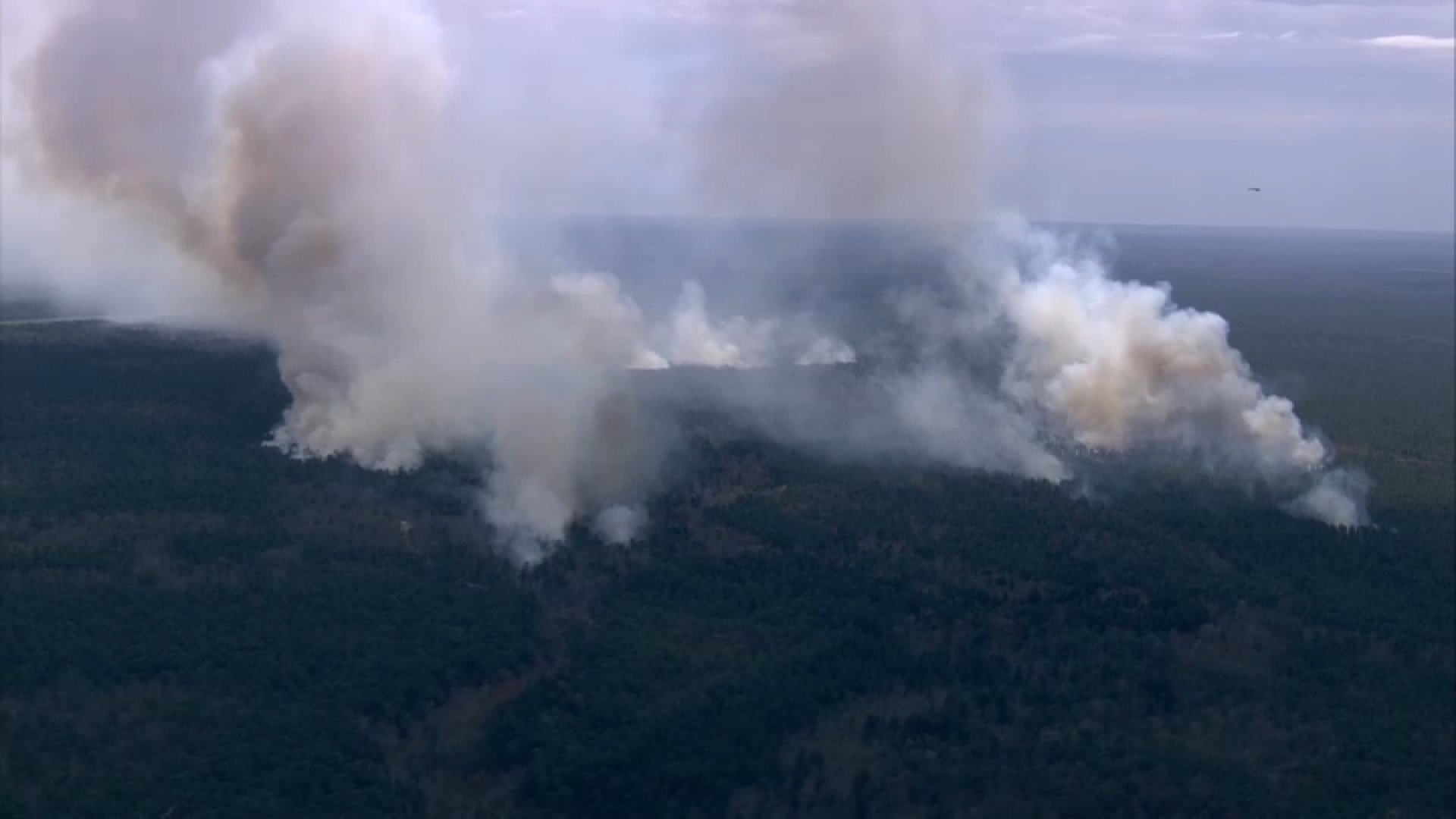In May of 2009, Sharon Brooks, a New York City bureaucrat from Washington Heights, was elated to get a letter from the US State Department confirming that the Vietnamese infant Brooks was seeking to adopt would qualify as an orphan under the US Immigration and Nationality Act.
That meant a successful adoption would be a matter of paperwork. Or at least that’s what Brooks thought.
“It was supposed to be no more than an eight or nine month process.”
About a year later, the woman who had already named her adoptive daughter Akira Li, learned diplomats had changed their minds.
Brooks received an adoption denial letter on February 8, 2010. The orphan toddler, who was sitting in Vietnam’s Bac Lieu Orphanage, would remain parentless. The letter said an investigation in Vietnam revealed “irregularities surrounding the circumstances of [Akira Li’s] abandonment and placement into the orphanage.”
Brooks was in disbelief. And she wasn’t alone.
Around the same time, the State Department was sending similar denial letters to fifteen other families, all of whom had been previously approved to adopt children from the Bac Lieu Orphanage. They became known as the Bac Lieu Sixteen.
Now, more than 3 after Brooks and the other parents began their adoption processes; they are still trying to extract the orphans from Vietnam. Brooks has obtained DNA from Akira Li’s birth-mother. She says the birth-mother has testified that she willingly gave her child up for adoption. Still the US and Vietnamese authorities have not agreed to allow the adoption to go forward. Meanwhile, recent photos of Akira Li seem to show she has developed a severe skin rash.
“I don’t know if it is scabies, ringworm, or what,” said Brooks.
Local
The State Department Press Office sent NBC New York a statement suggesting diplomats in Vietnam are the ones slowing the adoption process.
“We deeply empathize with the prospective adoptive parents and the children and continue to work with the Vietnamese officials on whether it may be possible to rematch these cases in accordance with Vietnam’s new adoption law,” the statement says.
Kelly Ensslin, an adoption attorney working with the Bac Lieu families, says the new Vietnamese adoption law was only enacted because Secretary of State Hilary Clinton urged Vietnam to begin complying with the Hague Convention on Intercountry Adoption.
“Everybody wants transparent, ethical adoptions. Nobody wants to adopt a child that is not legitimately an orphan, but these sixteen are legitimately orphans and that’s what is so frustrating,” Ensslin said.
In two weeks, Ensslin is headed to Washington, D.C. to try and lobby lawmakers and State Department officials to reverse course on the Bac Lieu Sixteen.
The Hague Convention on Intercountry Adoption requires orphans be offered, first, to adoptive families in their home countries. That means, under the current Vietnamese law, Sharon Brooks could only bring Akira Li home to New York if no Vietnamese home was found to be suitable.
“If Secretary Clinton picks up the phone today and calls the Prime Minister or the Minister of Justice and says let’s go ahead and get these kids home we could have them on a plane by the end of the week,” Ensslin said.
Ha Mguyn, Head of Vietnamese Consular Affairs, told NBC New York the country’s Parliament is working rapidly to implement the Hague Convention.
“Recently the Special Assistant to US Secretary of State Hillary Clinton came to see our Ambassador on the issue. We both agree more steps need to be carried out so that we can resume cooperation on these adoptions.”



